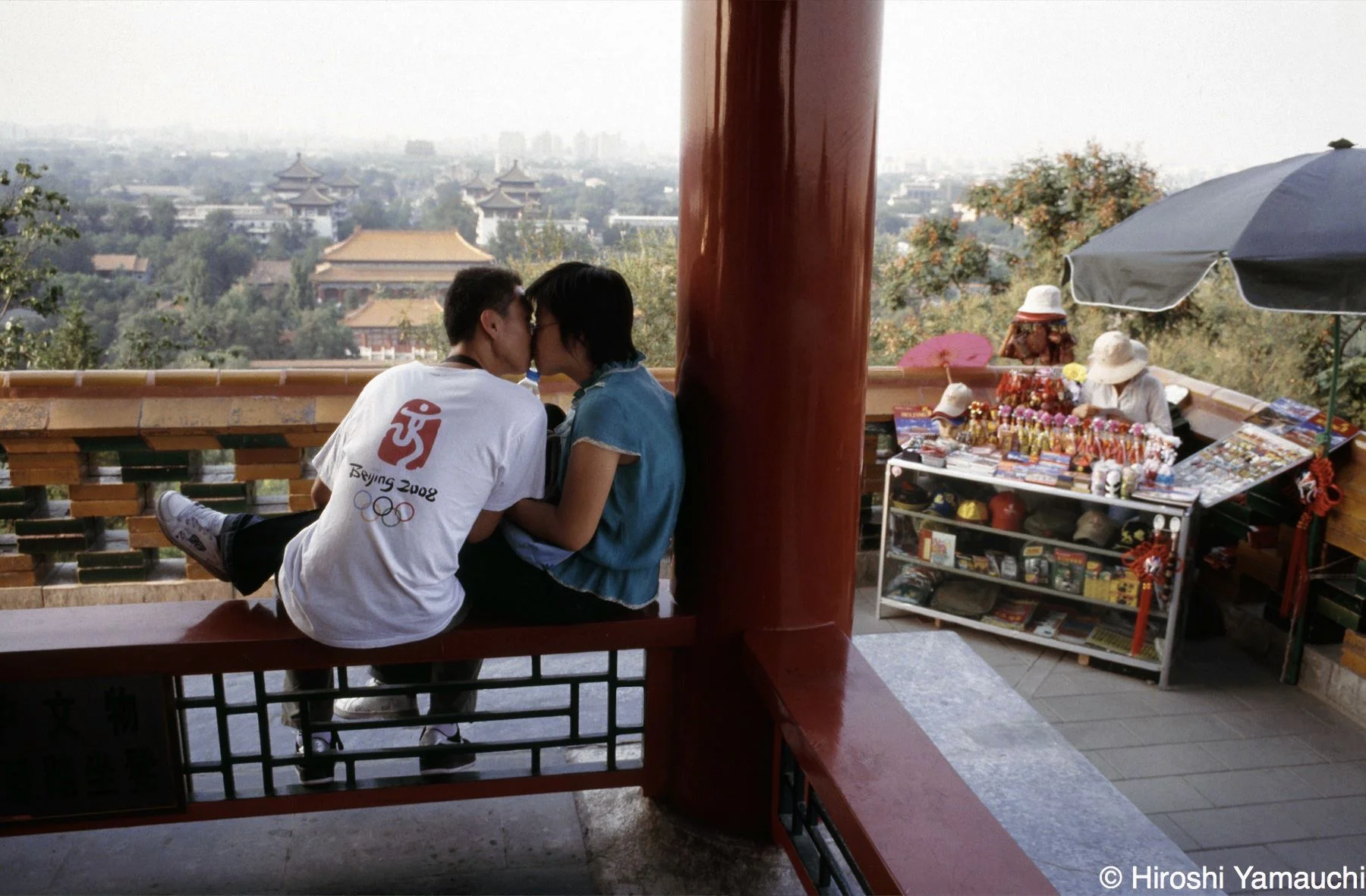
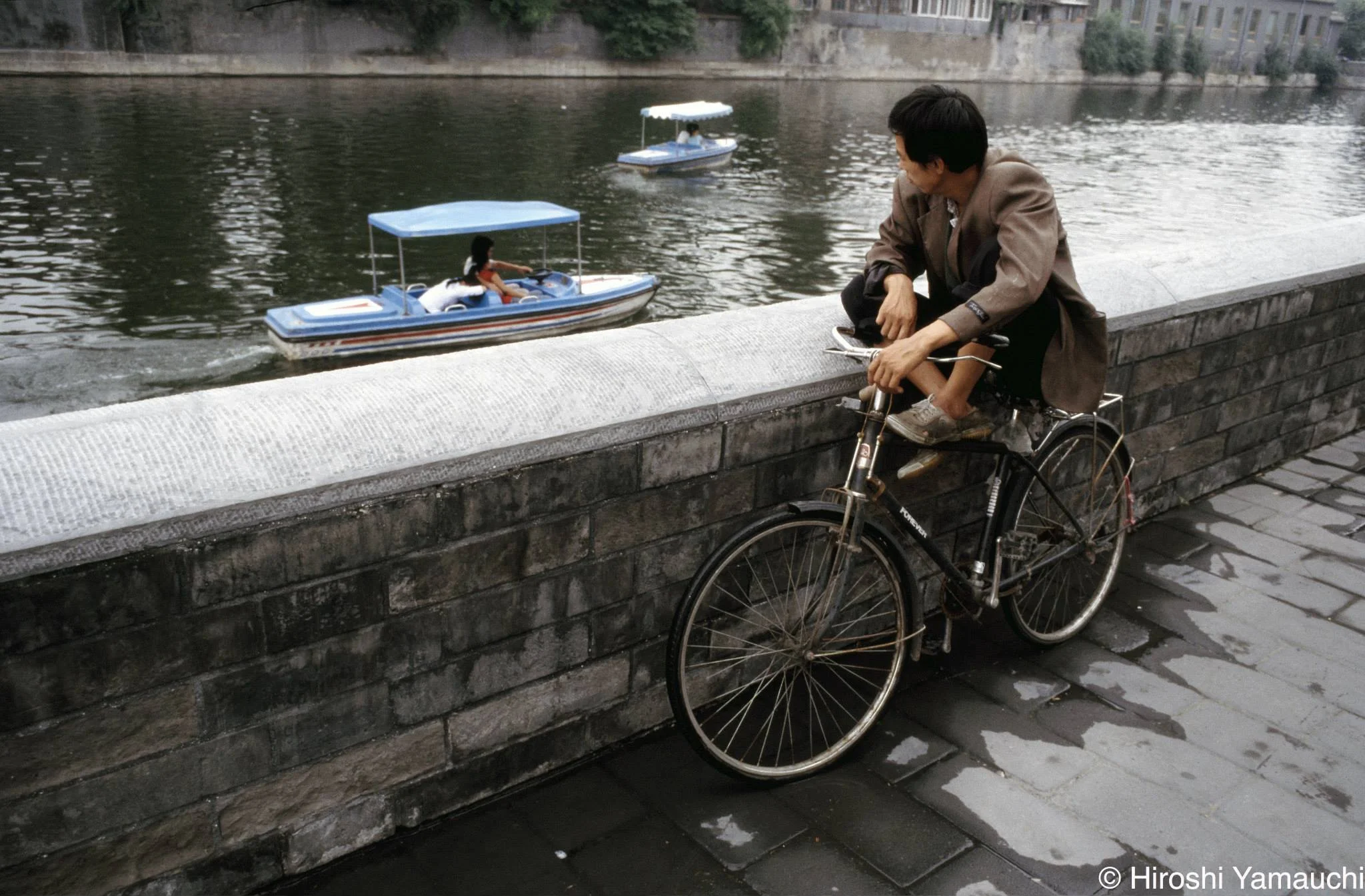
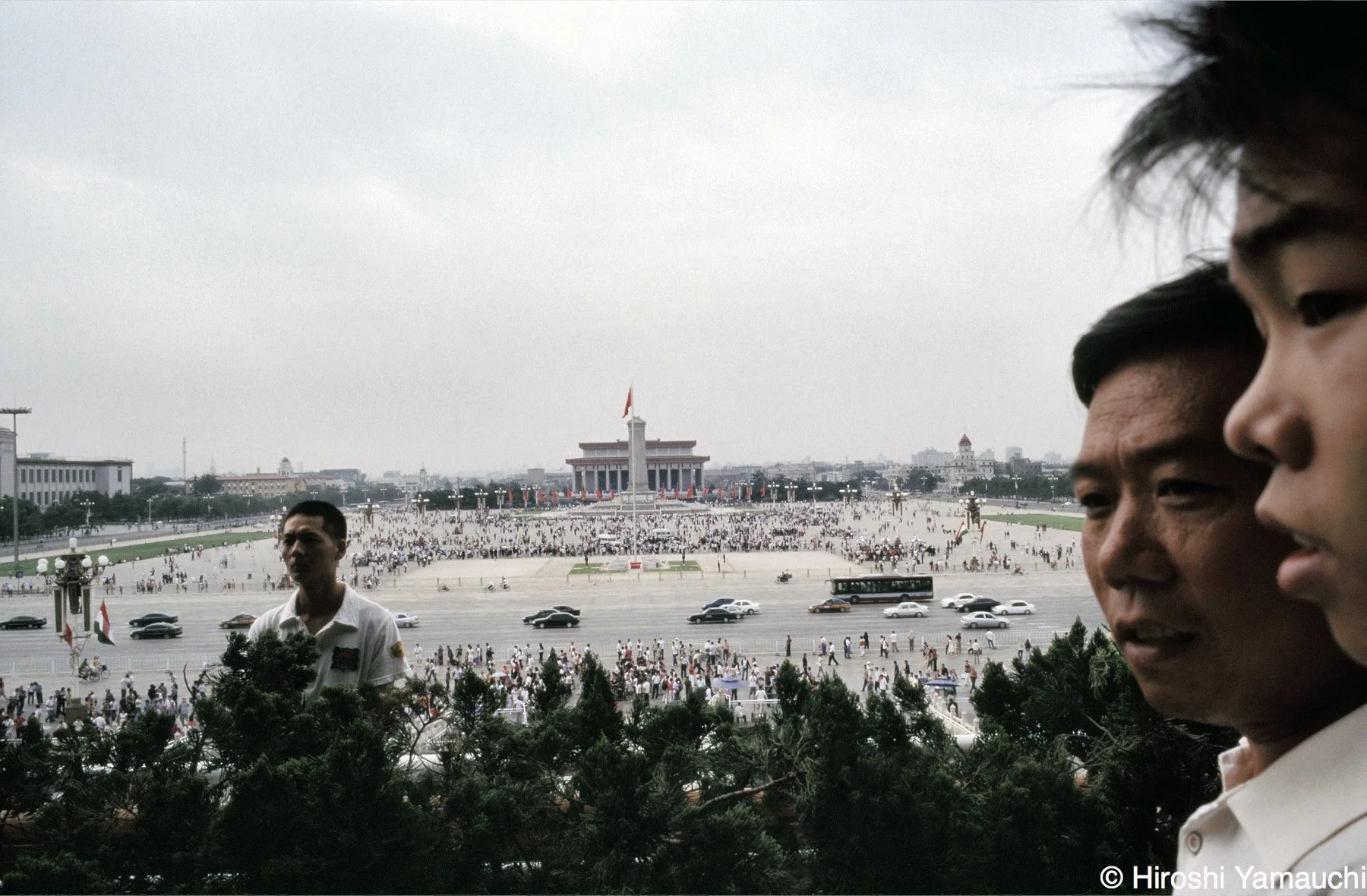

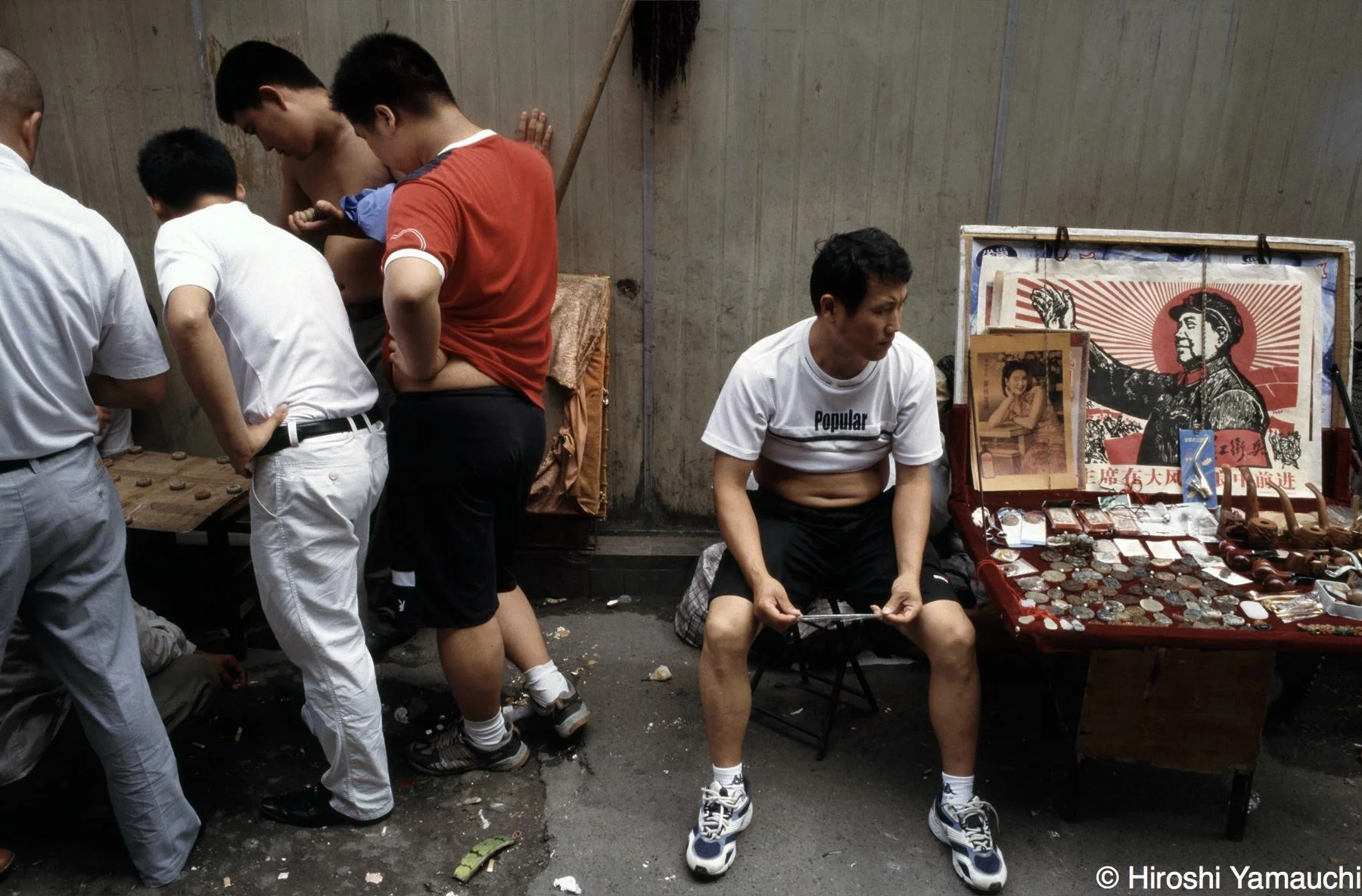


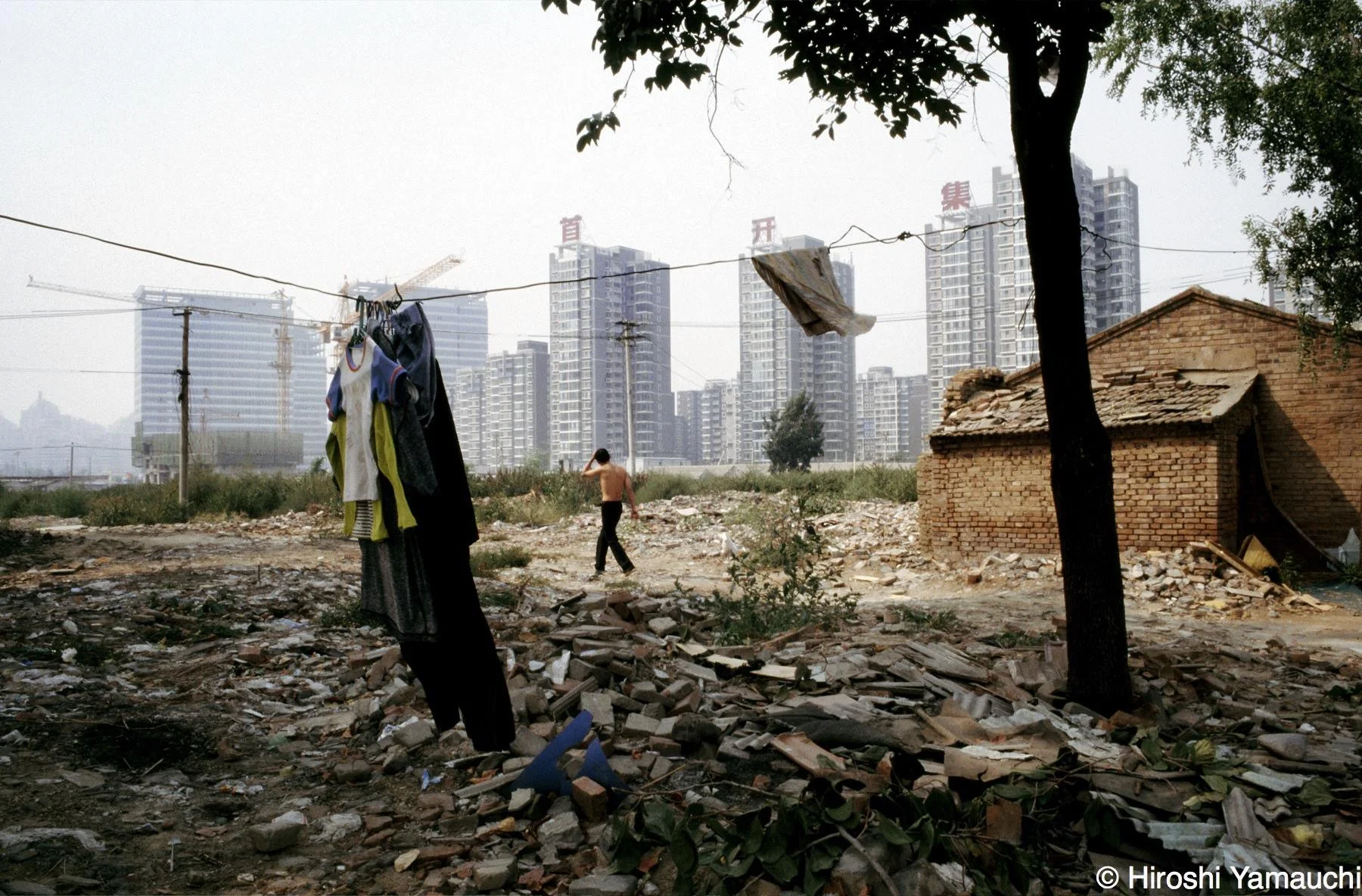
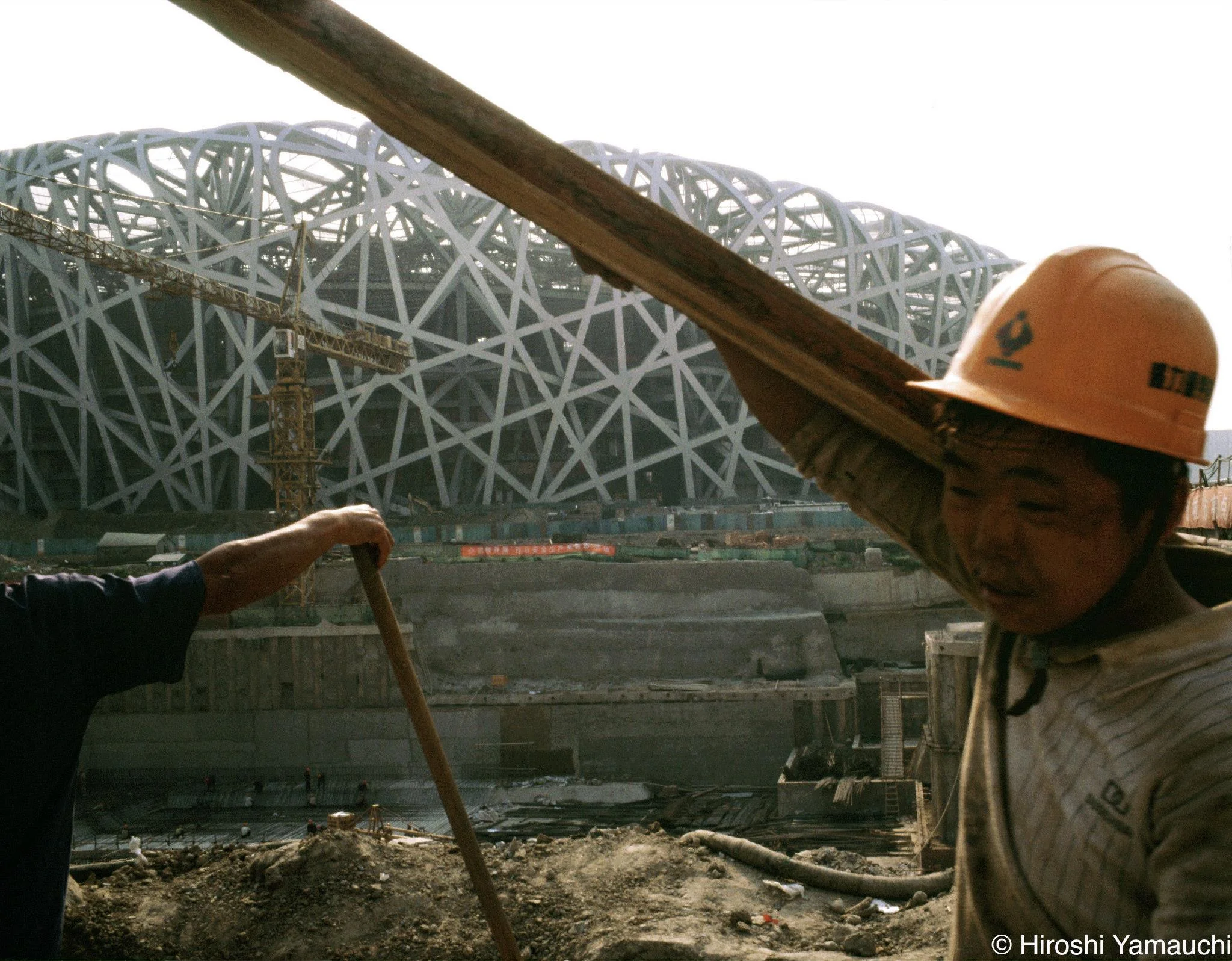
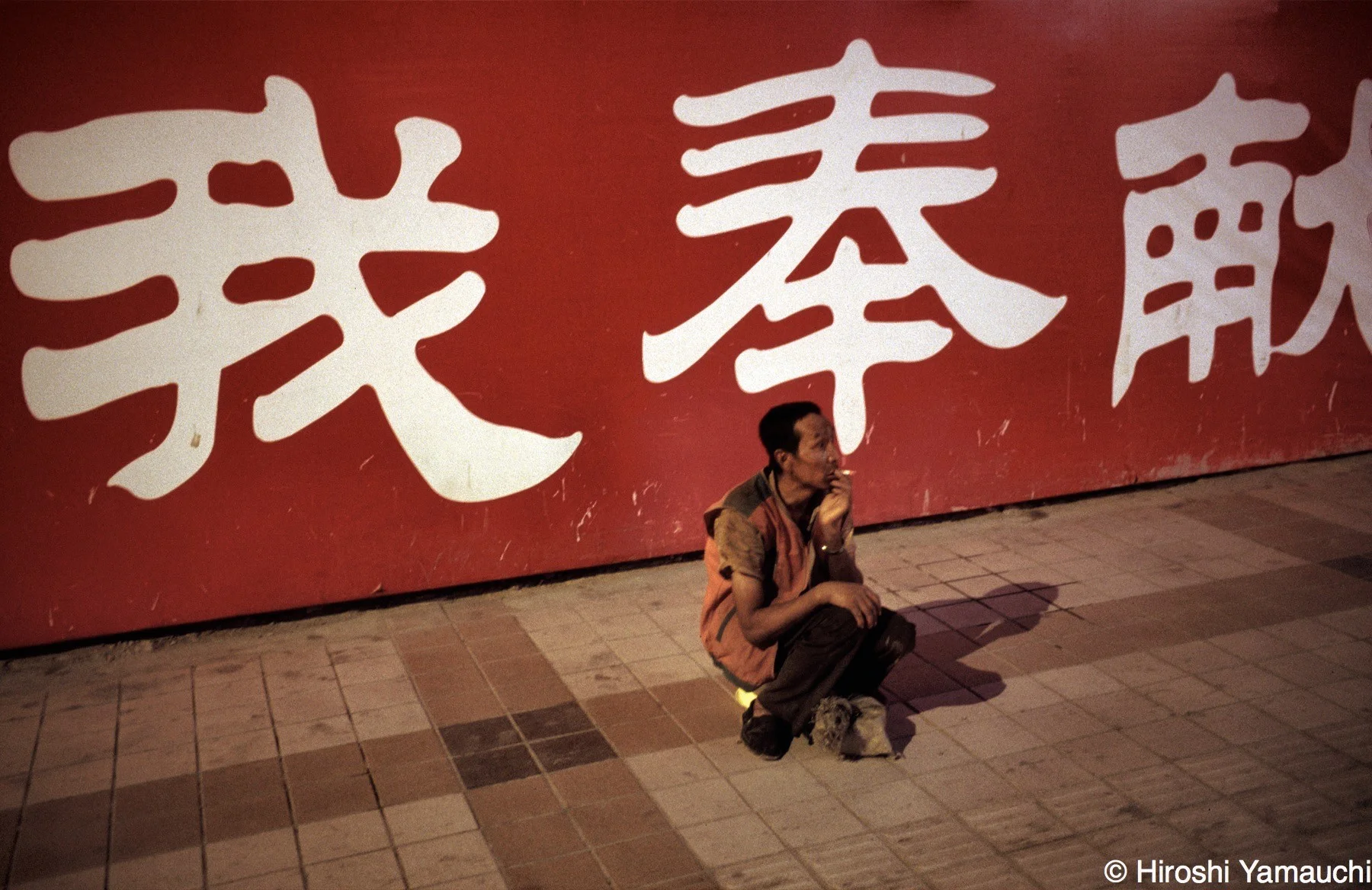
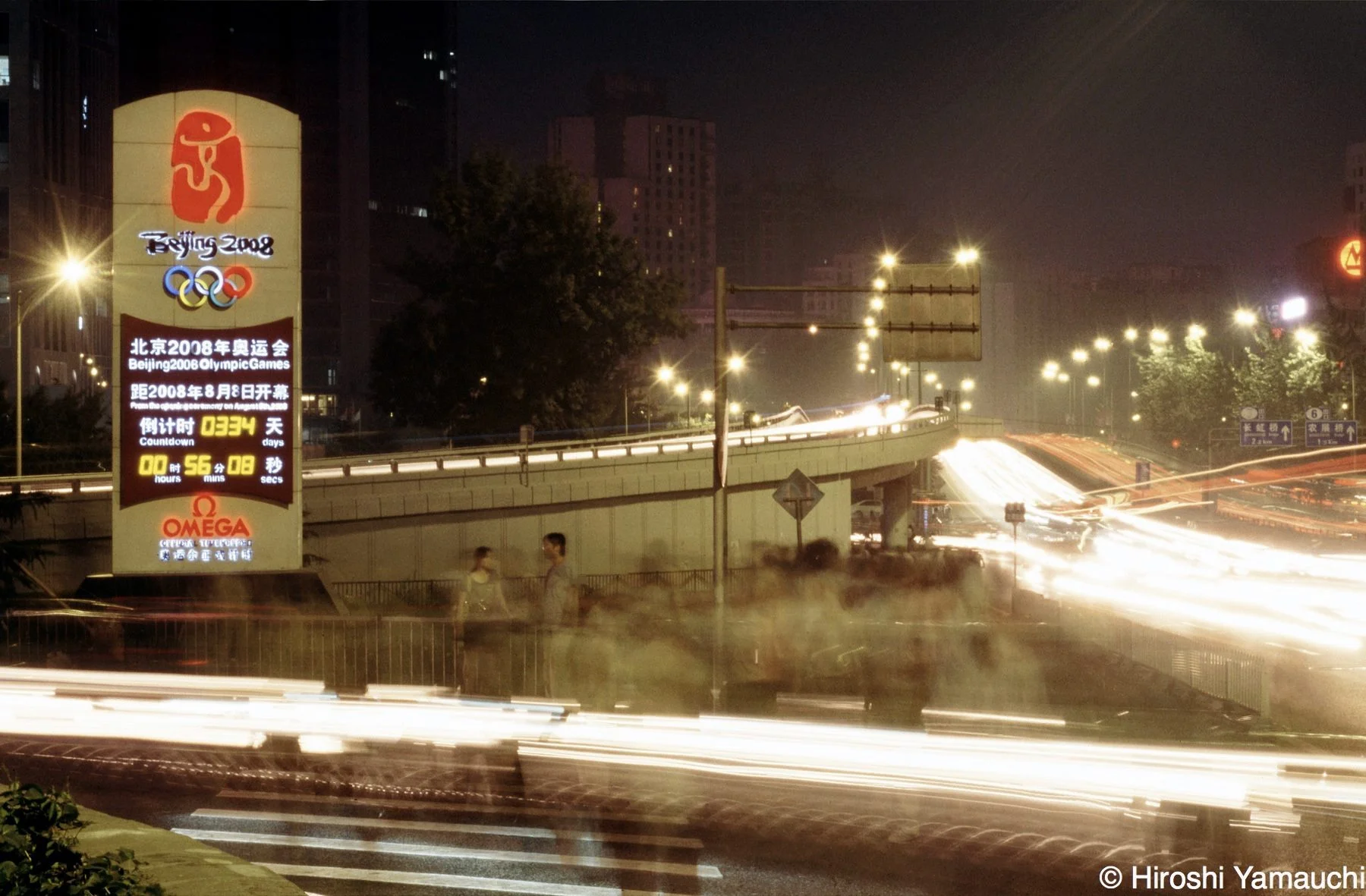
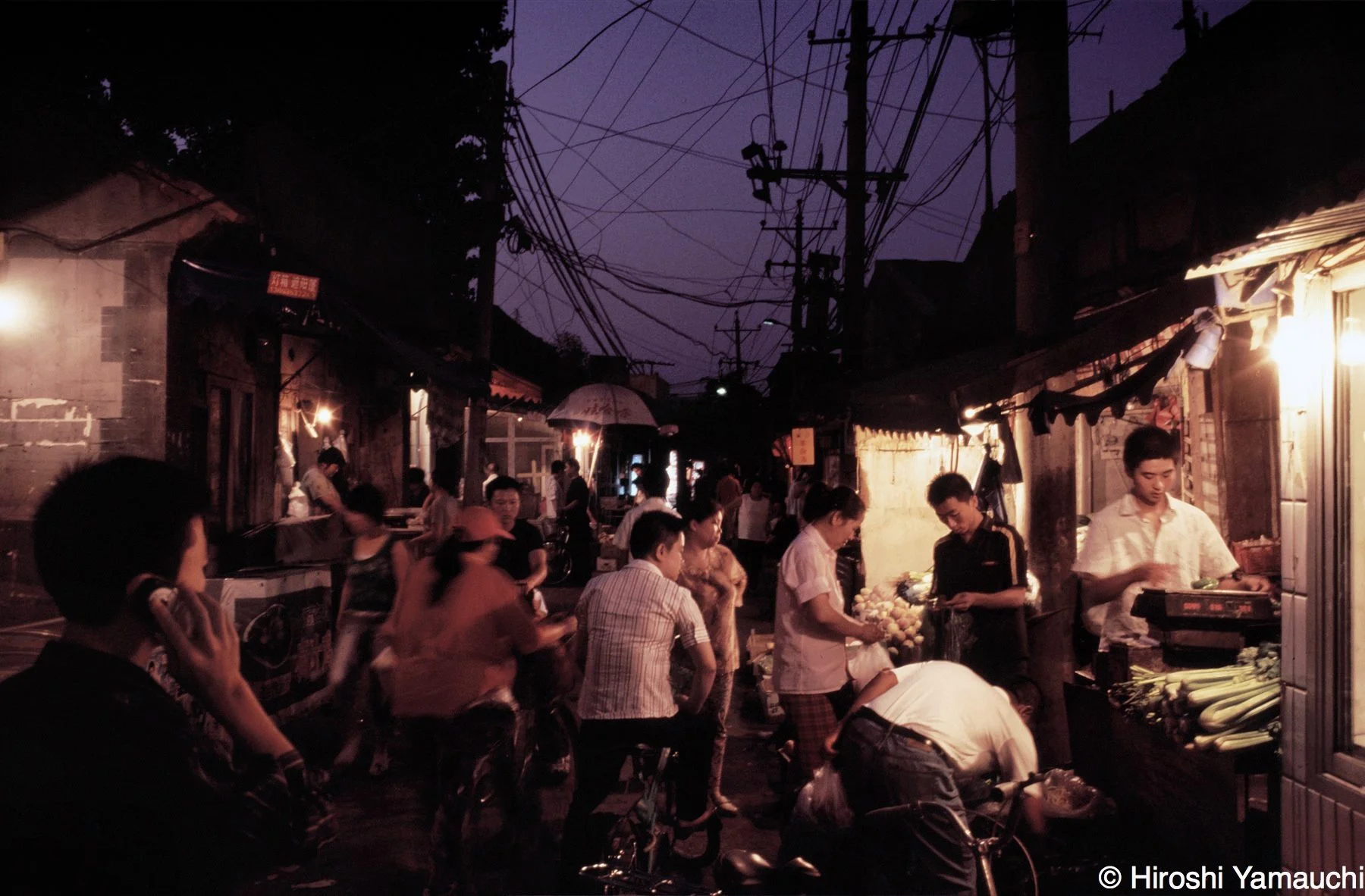
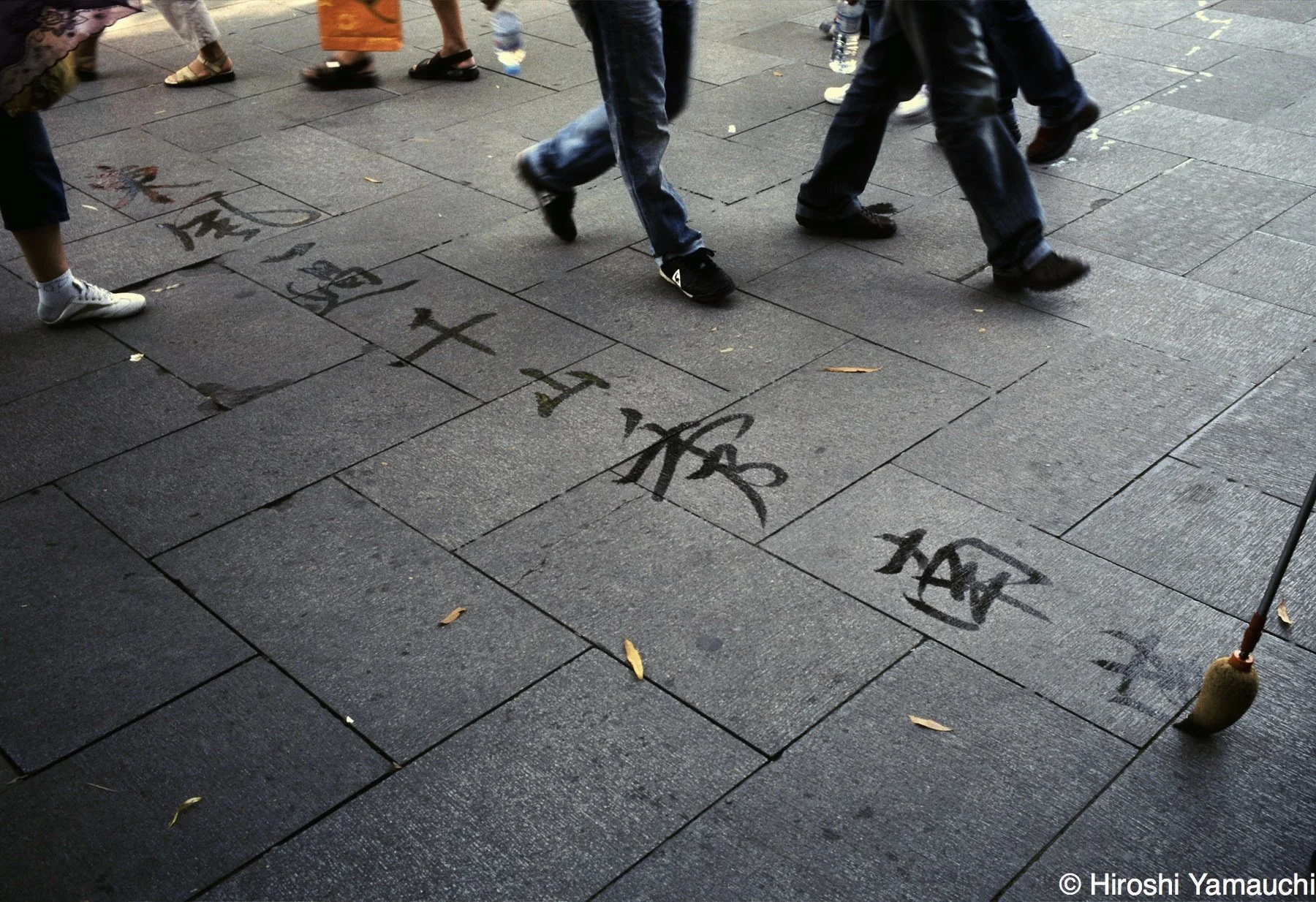
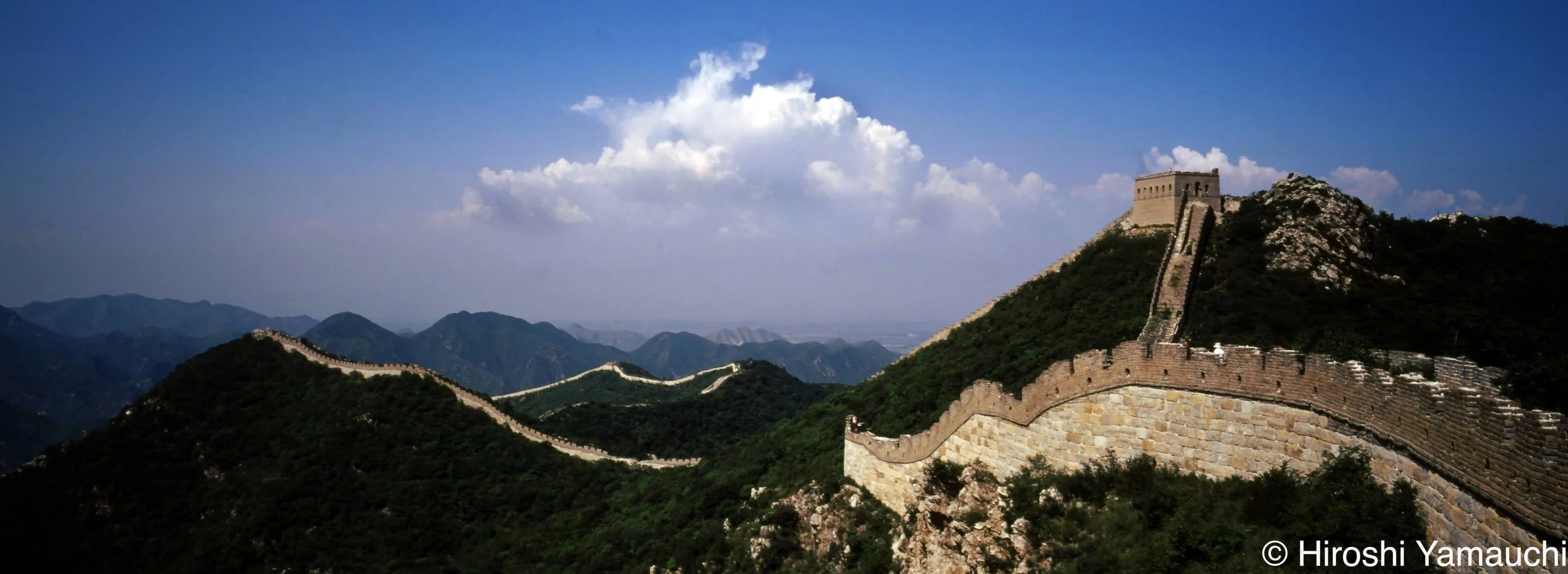
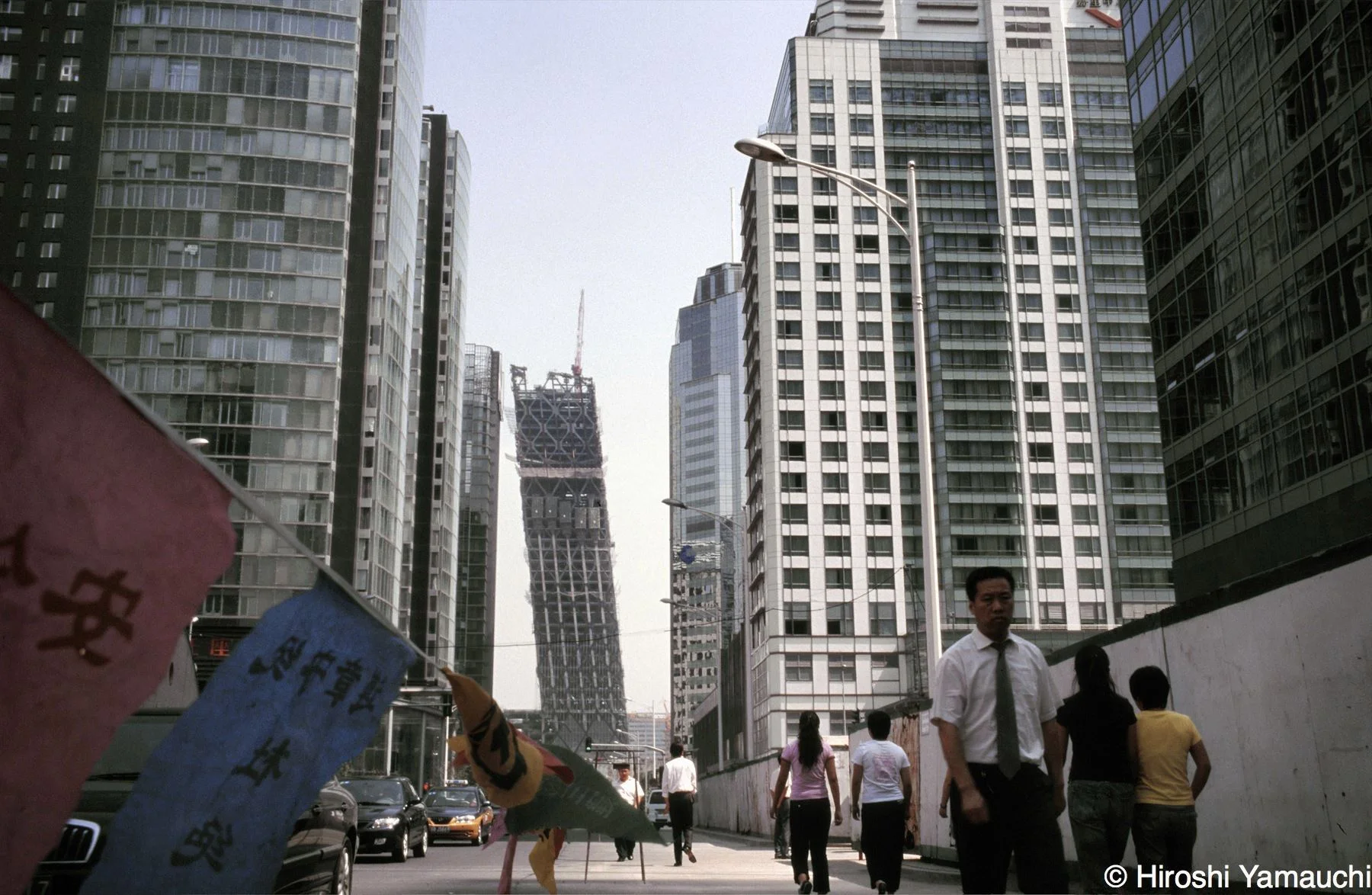





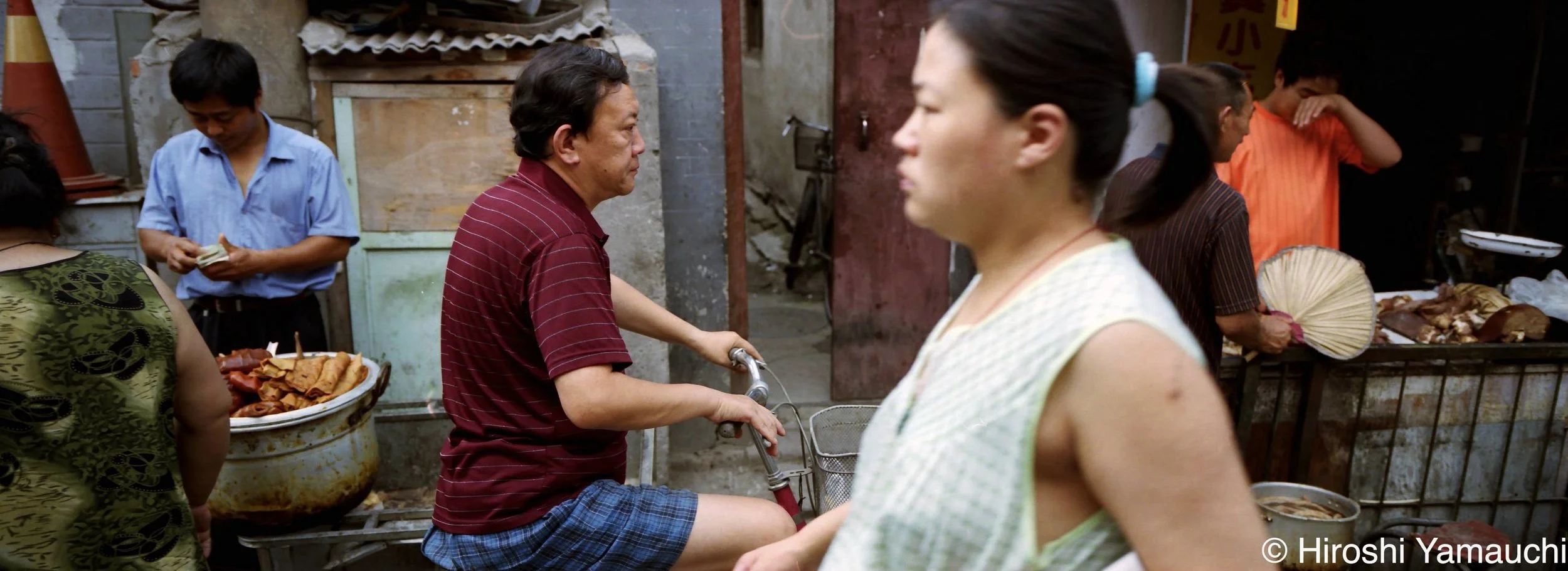
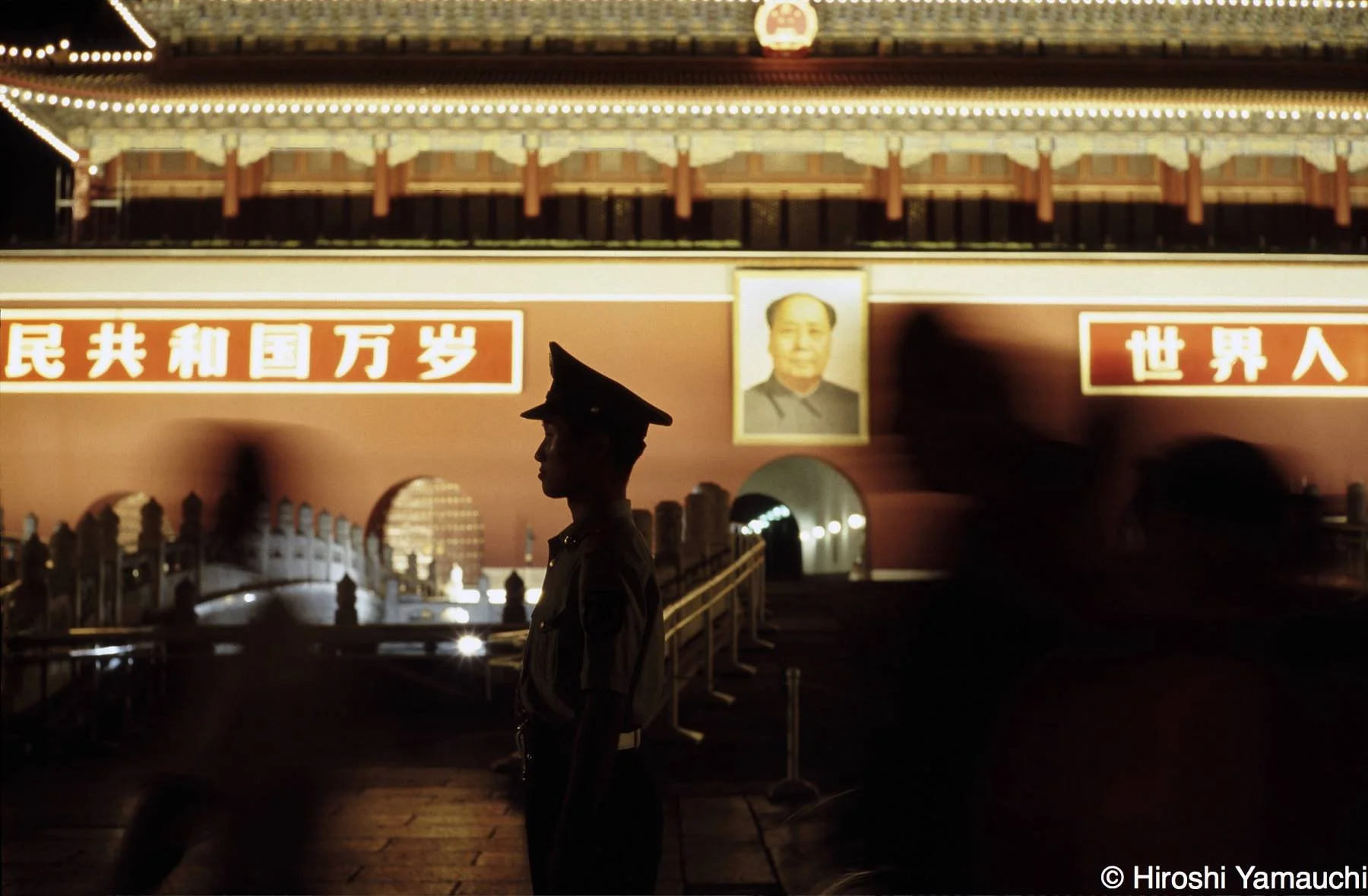

Countdown Beijing
The world will see a gala by a nation that has been talked about as the greatest potential in terms of both geopolitical and economic power for the past few decades. At 8 p.m. local time on August 8th, 2008, the torch will be lit and the opening ceremony of the 2008 Summer Olympic Games in Beijing, China, will be on television monitors all over the globe.
The successors of one of the most ancient civilizations, Beijing, now has a chance to show its ways of welcoming, hosting, and giving equal opportunities to athletes and spectators from every corner of the world. Stadiums, arenas and hotels are under construction through days and nights, streets are widened, tunnels are dug to open up new subway lines, infrastructures including broadband internet connections are set up like an underground web, and representatives of foreign venues sign contract papers to open branch offices in desperate hope to penetrate the capital city of the world’s biggest market and factory. Some of the Beijiners say that this must be the biggest operation ever taking place since the order of the construction of the Great Wall by the First Emperor of the Qin Dynasty.
A survey says 96% of Beijing residents are proud and support the city hosting the Olympics. Then one might think. Do all Beijing residents benefit from the Olympic hype? As seen in all kinds of drastic operations, there are certainly some side effects. One obvious example is the soaring land price. The city and private land developers are buying suburban residential areas, crowded with old traditional housing units called Hutongs, with a kind of money not enough for residents to settle down in new environments. High-rise apartments are built after Hutongs are taken down, and sold to newly rich Chinese who have an annual income more than ten times as much as the average. Those who lost their houses and court battles are forced out with little compensation for removal. Most of them have to depend on relatives living outside Beijing.
Another group of people in Beijing who are affected by the hype is the peasant workers. Coming to the capital in big hope of earning quick money, they are the main labor force in construction sites all over the city. Most of them are from rural provinces who had to spend a few days on train rides to Beijing. The safety standards for construction workers are not the best. Life expense in the hottest city in China are eating up their savings. Their children cannot stay in primary education institutes because tuition is too high. And the most ironic part is that as soon as city officials cut the tape at the grand opening ceremony of whatever they are building now, they will have to leave Beijing because the city will be too much for them to stay.
With all excitement and skepticism over the first Olympic games ever held in the capital of a “developing” country, a country led by a Communist dictatorship with yet experimental market economy theory, critics and controversialists are busy listing the pros and cons of Beijing today. As the home ground of Chairman Mao and his Chinese Communist Party elites, if the city government still puts out the ideology of communism highly, Beijing shall unite its people during one of the world’s most popular events. A slogan for Olympic Games reads: To participate is greater than to win.
北京計数下来
世界は、過去数十年間地政学的、または経済学的に最も潜在能力が高いと言われてきた国が、地球上で一番注目を集める祭典の一つを開催するのを待ち望んでいる。現地時間の2008年8月8日午後8時、中華文化で縁起が良いとされている末広がりの「八」が並んだその時、灯は点され世界のあらゆる街頭のテレビ画面には高らかに北京夏期五輪の開幕を告げる瞬間が映し出されるだろう。
世界最古文明の一つの継承者である北京市は、世界中からやって来るアスリート、観光客、ビジネスマン達を歓迎し、もてなし、国際競争への名乗りを挙げるこれ以上ない機会を得た。スタジアムやアリーナの建設は昼夜を問わず行われ、大通りの拡張、地下鉄トンネルの延長は止まるところを知らない。インターネットの回線網は地下に張り巡らされ、世界五指に入るであろうこの都市の発展振りを国内外に発信している。各国から集まる多国籍企業の全権代表達は五輪景気とその後のさらなる経済発展に当て込んだそれぞれの支社設立の為に契約書へのサインに余念がない。地元民に言わせると、この空前の五輪ブームは「秦の始皇帝が万里の長城建設の大号令を出したとき以来」のものとして受け止められている。
ある世論調査では96%の北京市民が五輪開催を歓迎し誇りに思うという。しかし他の急激な社会変革と同様、この五輪フィーバーにも副作用は顕れている。高騰する地価によって胡同(フートン)と呼ばれる伝統的な集合住宅の住人達は高層アパート建設の為に不充分な立退料で家を追われ、形だけの裁判で勝つ術もなく、親類縁者を頼って地方へ移住する他ない。
北京市内の建設現場で働く地方からの出稼ぎ農民は、首都の物価高の為に蓄財はおろか子供の教育もままならない。五輪開催後には手ぶらで失意の帰郷となるだろう。共産党の一党独裁政治ながら市場主義経済を導入した中国での、そして初の「発展途上国」首都での五輪開催を巡り、中国内外への影響について評論家や学者達はそれぞれの立場から賛否の羅列に懸命だ。毛主席と中国共産党のエリート達のホームグラウンドである北京市がいまだ純粋共産主義を標榜するのなら、中国現代史に於ける一大事業に他ならない五輪開催は、政府の主導によって何らかの形で10億を超える人民に恩恵をもたらす方向に舵取りされて然るべきだろう。
スポーツの祭典である五輪と政治の愛憎関係は過去にも取沙汰されてきた御題目ではあるが、今回は中国を取り巻く昨今の諸問題に注目が集まる中で否が応にも経過と結果が求められる筈である。五輪事業の商業偏重主義や中国の人権問題、果てはアスリート達の勝利至上主義への傾倒によって後を絶たないドーピング問題。
2008年の北京五輪はかつてなかったほど多角的に分析される筈だ。「参加することに意義がある」と謳われる五輪で、北京のホストとしての質と力量が問われている。